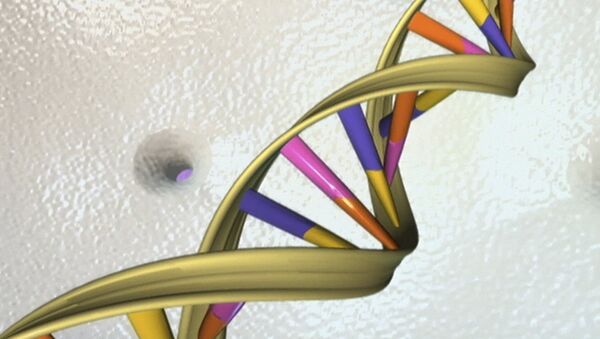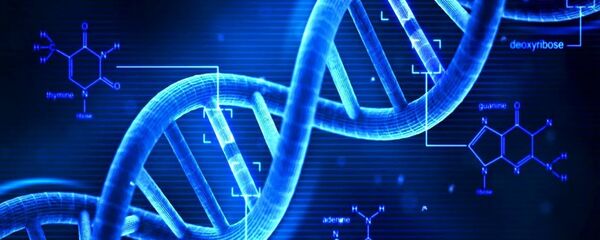In an interview with Radio Sputnik, co-author of a report, which warns against possible misuse of genetic engineering and expert in the field, Richard Hynes, revealed more about current state-of-the-art of gene editing.
Prof. Dr. Hynes is currently working at Howard Hughes Medical Institute as well as at Massachusetts Institute of Technology. According to him, gene editing has "enormous potential" for curing serious diseases.
"There are recent developments that have greatly enhanced the ability to edit the human genome. They have a lot of potential. They have already been widely used in basic research in laboratories all over the world and there is enormous potential for that; to discover things about cells and ways to develop stem cells which one can use to model human diseases in the laboratory, not in people, and in that way understand them better and also test therapies against them before applying them to patients," the expert told Sputnik.
According to the expert, there are a lot of clinical trials going on in the field. However, to eliminate all diseases or slow the aging process is now impossible, Dr. Hynes aruged.
"It's not the case that one can eliminate all diseases. Many diseases are complicated, they involve multiple genes and environmental impacts. We can't edit multiple genes at this point," the expert said. "We are talking about early steps with the simplest things to target."
Commenting on the prospects of slowing the process of aging, Dr. Hughes argued that theoretically this is possible, but not in the near future.
"We are certainly a long way from thinking about immortality," he said. "The extension of life — not right now. We don't know how to do that. People are working on understanding that. But it is not going to be easy and will not happen for quite a long while if ever."
Commenting on the possibility of creating super-humans in the near future, Dr. Hughes stressed that such research is associated with certain risks.
"We are not ready to do it — that is what everybody says. We agree with that. At some point in the future, that's maybe possible. But we have to lay out a long list of things to be done before it could be considered," the expert said. "We don't know enough about the risks. When you are treating a disease, there is a clear benefit to be obtained. But it has to be balanced against the risks which can appear with any new procedure."
Genome editing means inserting, replacing or altogether erasing DNA in the genome of a living organism using a technique dubbed CRISPR, Clustered Regularly Interspaced Short Palindromic Repeat. It involves taking short stretches of RNA (ribonucleic acid) and tailoring them to match with DNA sequences.
A recent report of US National Academy of Sciences said that gene-editing tools should eventually be used to modify human DNA. In the document, the committee of scientists, entrepreneurs, ethicists and patient advocates argued that human genomes could in future be edited to replace faulty genetic information from a parent with a third person's healthy DNA.
As of February 2017, editing experiments have been successfully conducted on isolated genes in laboratory conditions, and on mice, but never on humans — as any human born from an edited embryo passes on any new genetic information, it would irreparably altering the genetic makeup of its descendants.


